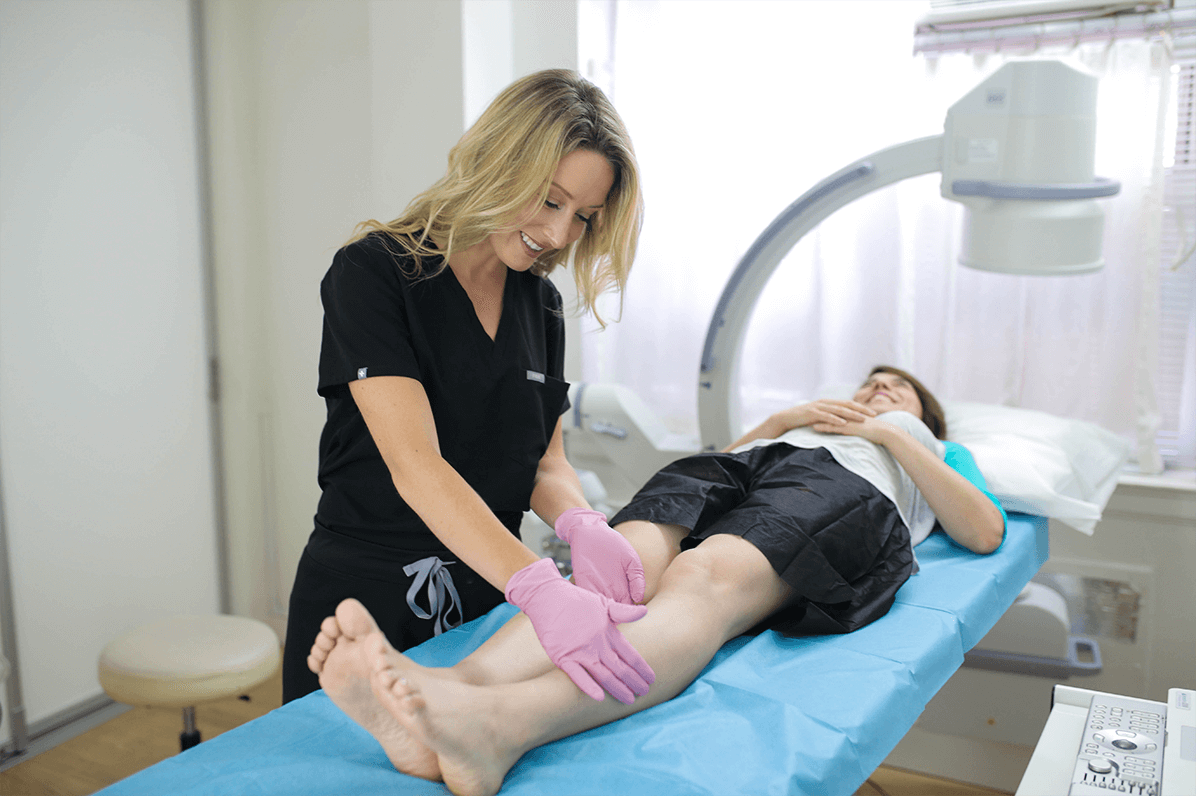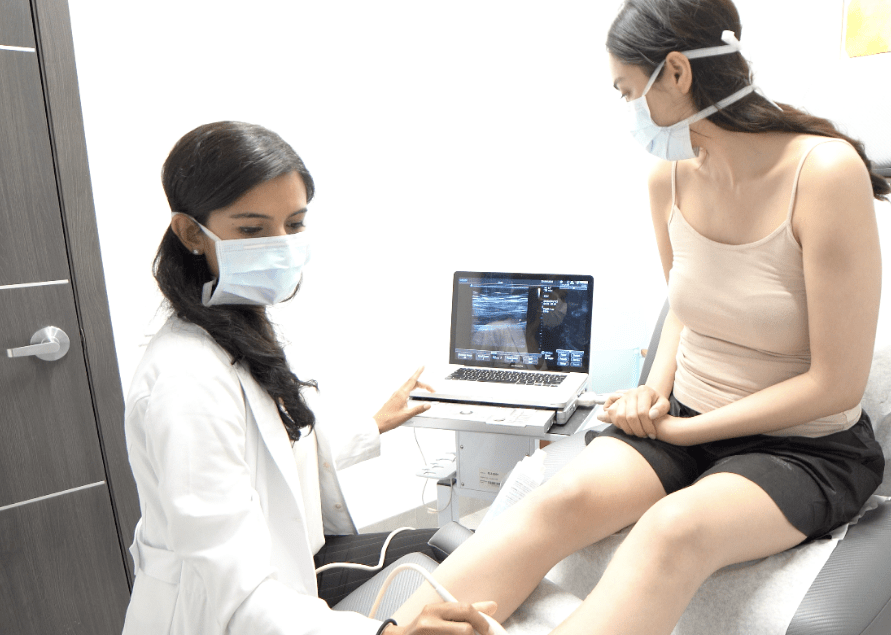What distinguishes these two specialities from one another? For instance, do you see a vascular surgeon or vein specialist if you have severe leg swellings and varicose veins—large, twisted veins on your legs?
A vascular surgeon and a vein specialist have different areas of specialization. Learn more about these two specialities by reading on.
When to see a vascular doctor?
Arterial diseases that damage blood vessels outside the heart are the most frequent type of vascular disorders.
The following signs and symptoms call for the assistance of a vascular surgeon:
- A mysterious cold spot on your foot
- Thighs and legs hurt like cramps after working out.
- Discomfort in your feet and legs worsens after walking a block or two.
- Skin discolouration around your legs, pale or purple.
- Strange weakness or numbness in your legs.
- Your ankle or heel wounds are not healing well.

A vascular surgeon is who?
A vascular surgeon is a specialist in diseases of the body's lymphatic, vein, and artery systems. Vascular surgeons treat conditions affecting the blood arteries outside the heart by performing therapeutic and diagnostic operations.
- Aneurysms are abnormal blood vessel swellings
- Atherosclerosis is the term for the hardening and narrowing of arteries.
- Thrombi in the veins
- Abnormal swelling brought on by a lymphatic vessel obstruction.
What Is the Work of a Vein Specialist?
Medical personnel with training in venous disease diagnosis and treatment are known as vein specialists. These professionals treat disorders of the peripheral veins, including:
- Veins that varicose
- Blood clots in the veins are referred to as vein thrombosis.
- Venous inflammation is known as thrombophilia. Spider veins are tiny, twisted veins that are apparent on the skin.
Concerning Vein Experts
Physicians with training in treating disorders that result in varicose veins and spider veins are known as vein specialists, sometimes known as vein doctors, vascular surgeons, or vein doctors. Vein specialists and doctors might come from several backgrounds, such as internists with specific training in treating vein diseases, general or vascular surgeons, or interventional radiologists.

What to expect at a vein clinic?
Firstly, what makes seeing a vein specialist necessary in the first place?
Damaged, enlarged veins in the legs are more common as we age. When the veins cannot effectively return blood from the extremities to the heart, vein disease and varicose veins can develop. This results in lower extremity ulcers, possible blood clots, burning and agony in your legs, or even worse.
Thankfully, you no longer have to face health concerns or leg pain. You can get a clear diagnosis of your situation and discuss potential treatment options with your physician by making an appointment with a vein expert.
Conclusion
All disorders affecting the circulatory system are diagnosed and treated by specialists in vascular surgery. Their training in the medical and surgical treatment of vascular disease is substantial. If a person has symptoms like walking-related leg pain or risk factors like diabetes, they should think about seeing a vascular surgeon. Vascular disorders call for specific knowledge. Consultation with a vascular surgeon as soon as possible can sometimes stop the disease's progression, incapacity, and even the prospect of losing a limb.